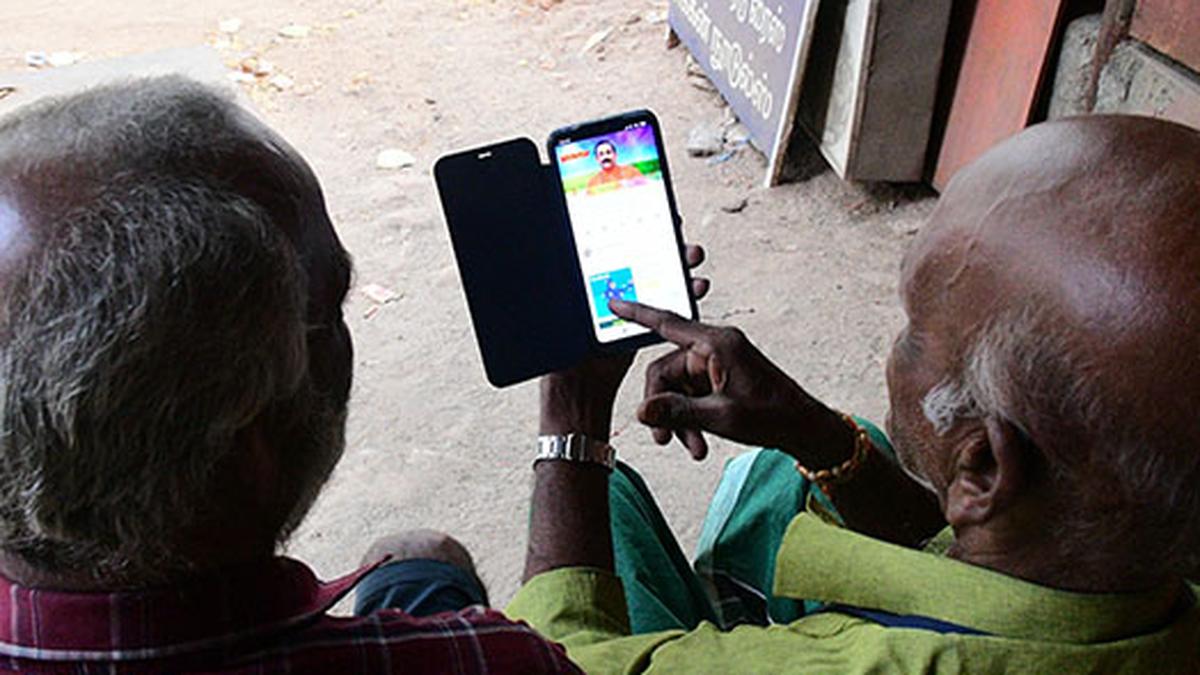
HelpAge India’s national report on intergenerational dynamics highlights need for better bonds, more digital literacy
The Hindu
HelpAge India report highlights need for intergenerational bonding, digital literacy, and awareness of government schemes among elderly.
A national report, released by NGO HelpAge India on Friday, June 13, 2025, ahead of World Elder Abuse Awareness Day, which is marked on June 15, has revealed the need to improve intergenerational bonding between young and old people, for digital literacy among the elderly, and for increased awareness about available government schemes.
The report, ‘Understanding Intergenerational Dynamics & Perceptions on Ageing’, is the result of a survey of over 5,700 respondents (70% youth in the 18 to 30 age group and 30% elderly in the above 60 age group) from 10 cities across India.
Among the key findings was that while daily interaction levels were high -- two-thirds of those surveyed reported interactions at home; the frequency being higher in joint families and non-metro cities. Similarly, young persons and the elderly in non-metro cities reported stronger traditional values and intergenerational bonds, but also greater fears about ageing and a wider perceived generation gap.
Interestingly, cultural norms of multi-generational co-residence still exist -- 88% of young people expected to live with family and 83% of seniors currently lived with or planned to move in with family. While children/grandchildren are still expected primary caregivers for the elderly, young people showed a higher inclination towards paid caregiving and assisted living, indicating a growing acceptance of non-familial support.
Also, youth living in close proximity to elders reported higher ‘stereotype negative bias’ scores compared to those living further away, suggesting that frequent exposure doesn’t automatically reduce traditional biases, the report noted. Fears were similar about old age amongst both generations: poor health and financial insecurity.
The survey found 71% of elderly persons using basic mobile phones, but only 41% owned a smartphone and just 13% used computers and the internet. Many found digital tools confusing. Lack of interest and insufficient instruction were found to be significant barriers. Nearly half of elders (45%) are financially independent, but a substantial 38% are partially dependent and 15% are fully dependent. This dependency is higher among older elders, women, and those with less education, the report stated.
Awareness of government Schemes is mixed: Elderly citizens show high awareness of monthly pensions (68%) and housing / ration schemes (63%), but significantly lower awareness of legal protection (35%), digital training (31%), and emergency helplines (31%), as per the report.













